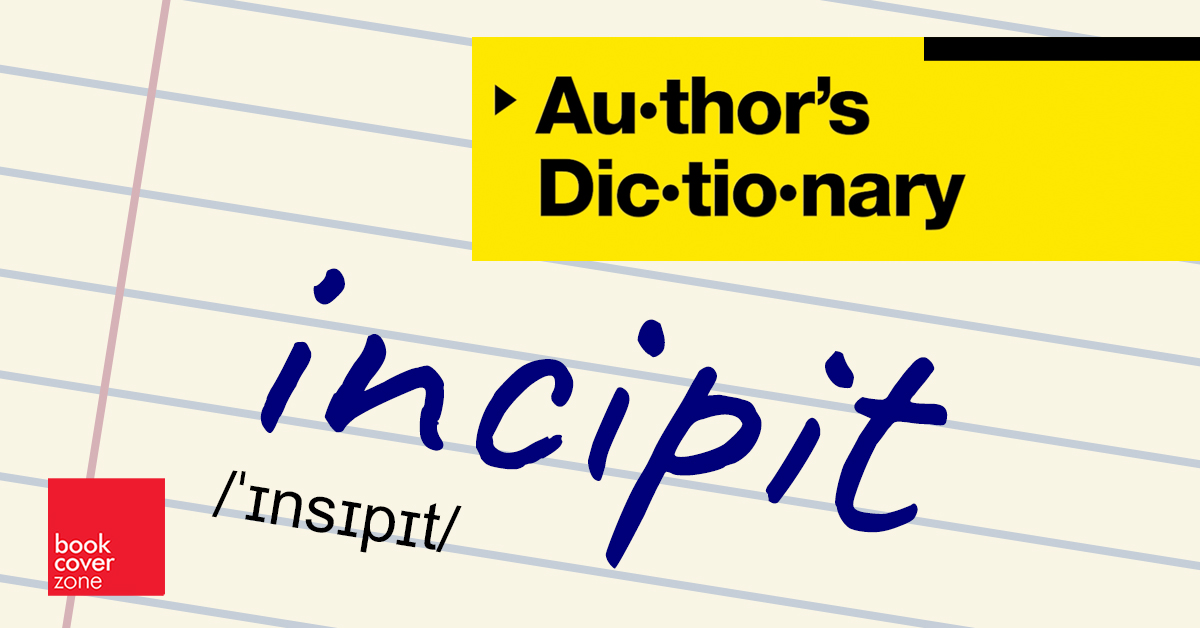Welcome to The Author’s Dictionary, where we uncover the gems of literary terminology, one word at a time. Today, we’re diving into the intriguing world of “incipit”—a term that might sound like a spell from a magical realm but is very much rooted in the art of storytelling.
Incipit: The Grand Opening
Picture this: You’re settling into your favorite reading nook, a hot drink in hand, and the anticipation of a new adventure ahead. You open a book, and there it is—the incipit. This isn’t just any opening line; it’s the literary red carpet inviting you into another world, setting the tone for the journey that awaits.
Why Incipits Matter
An incipit is the initial phrase or sentence in a text, and it holds more power than you might think. Like a good trailer for a movie, it teases the essence of the narrative, creating allure and intrigue. Whether it’s “It was the best of times, it was the worst of times,” or “Once upon a time,” a memorable incipit can be the key to captivating readers from the get-go.
Crafting a Compelling Incipit
For writers, crafting an effective incipit is an art form. It must be concise yet evocative, planting the seeds of curiosity in the reader’s mind. Some might choose intrigue, others might opt for a vivid image or an emotional hook. However they do it, the best incipits ensure that turning the page feels irresistible.
The Lasting Impact of an Incipit
The beauty of an incipit lies in its simplicity and impact. It may just be a few words, but its resonance can linger long after the page is turned. Next time you pick up a book, pay special attention to its opening line—you might find that this little piece of literary mystery holds a world of promise.
And there you have it—an incipit is much more than just a fancy term. It’s the spark that ignites the storytelling flame. Join us next time in The Author’s Dictionary, where we’ll explore more linguistic wonders that weave the magic of literature. Until then, happy reading!
